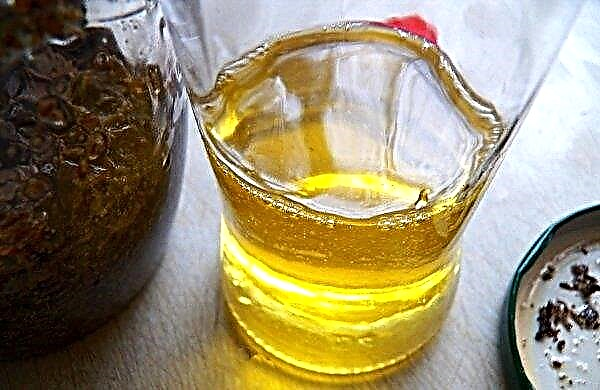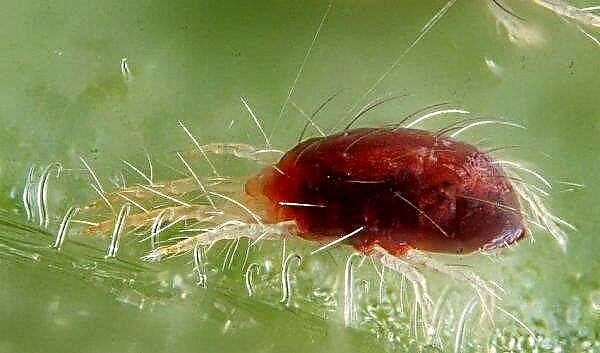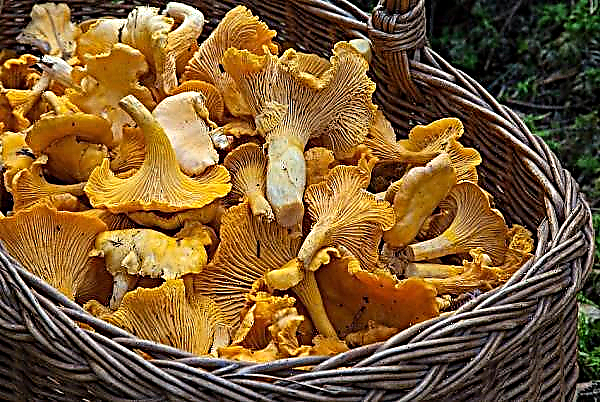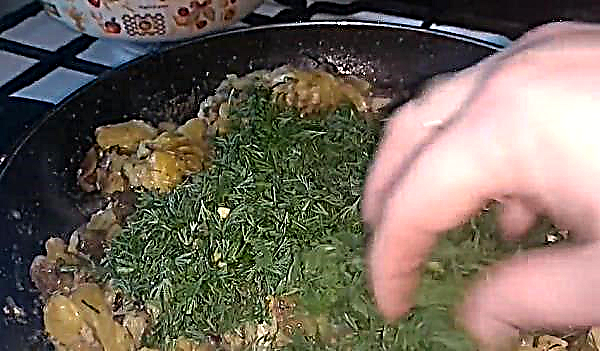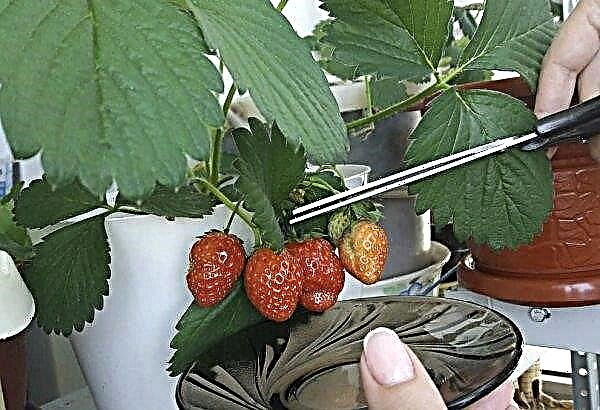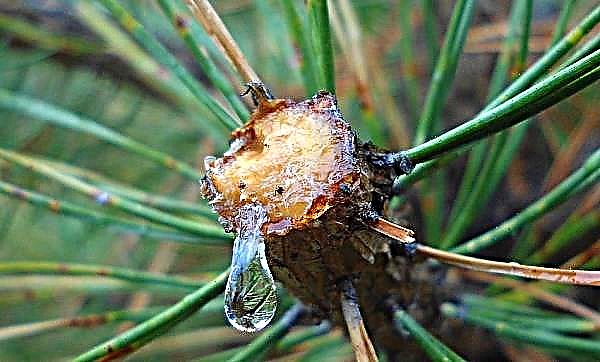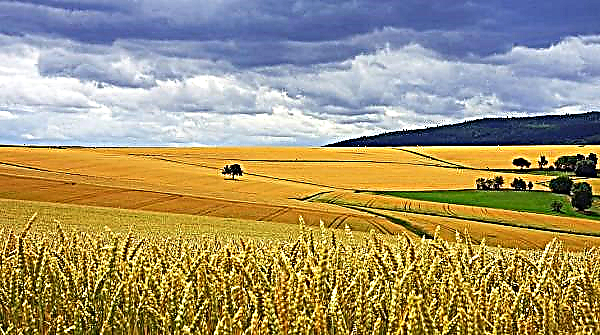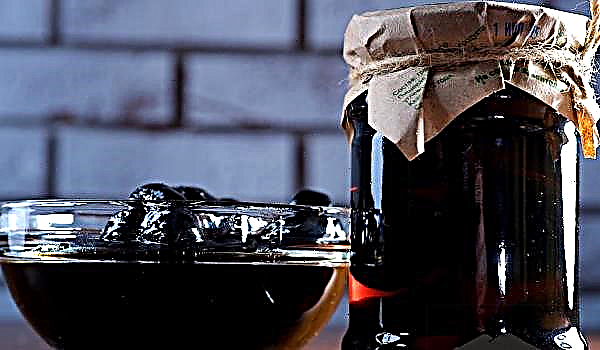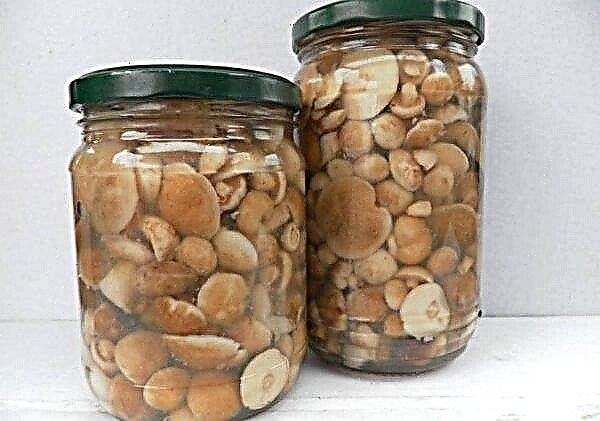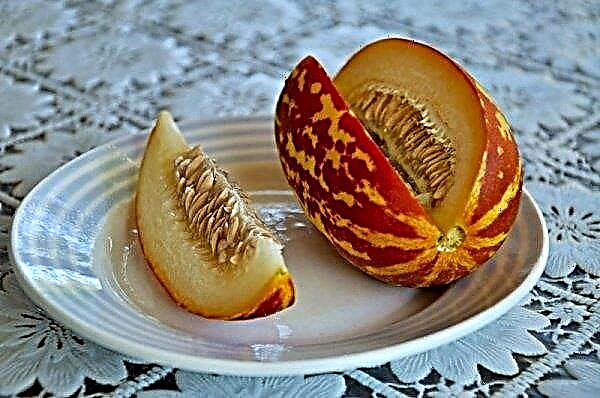As well as algae.
Fishermen do not like jellyfish or algae. But these seafood can be loved by farmers, since both jellyfish and algae are useful and nutritious for the land and, accordingly, plants.
This was verified in practice by Japanese scientists. The jellyfish was crushed, desalted, dried and sent to rice fields. Used to fertilize the jellyfish Nomura and Aurelia, which had long bothered Japanese fishermen. The fact that jellyfish is a problem for the fish population was also mentioned in the FAO (Food and Agriculture Organization of the United Nations). In particular, the organization said that jellyfish deplete fish resources in the Mediterranean and Black Seas.
The experiment of Japanese scientists ended with the fact that jellyfish not only saturated the soil, but also interrupted the growth of weeds. Rice productivity remained at the same level as when using chemical fertilizers.
Egyptian scientists have concluded that fertilizer from jellyfish increases yield. In a solution of boiled jellyfish, they soaked the seeds of wheat and lentils. This increased the speed of seedling development, moreover, the quality of seedlings improved - the number of leaves and the height of the stem increased, the level of chlorophyll and carotenoids increased.
Korean scientists, in turn, found that fertilizer from jellyfish increases soil moisture, its saturation with nutrients, and hence the survival of seedlings. This fertilizer in South Korea was used in the restoration of forest plantations affected by the fire.
 Seaweed, which contains vitamins, amino acids, potassium, iodine, as well as a high amount of nitrogen, an essential element of the plant’s nutrition, is also beneficial for the soil. On the surface of the algae are nitrogen-fixing bacteria, which form nitrogenous compounds in the soil.
Seaweed, which contains vitamins, amino acids, potassium, iodine, as well as a high amount of nitrogen, an essential element of the plant’s nutrition, is also beneficial for the soil. On the surface of the algae are nitrogen-fixing bacteria, which form nitrogenous compounds in the soil.
Algae have also been tested on rice plantations in Japan and China. Here, the production of fertilizers from algae is on an industrial scale.
In France, potatoes are fertilized with algae. It is said that this potato has a pleasant salty taste with a delicate lemon aroma. And this crop is of an elite class, which only restaurants can afford to buy. La Bonnotte potatoes are grown on the island of Noirmoutier. A kilogram of potatoes costs about 500 euros.

